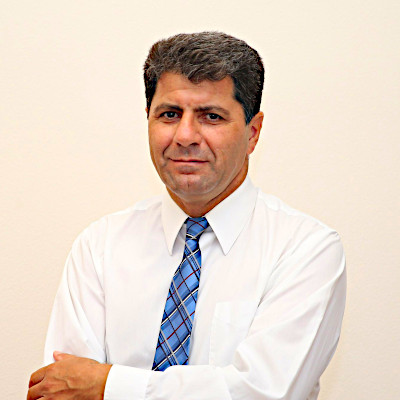Azerbaijan
Azerbaijan is a country located in the eastern part of the South Caucasus, west of the Caspian Sea. Azerbaijan is not a big country with the total area of 86,600 km2. This country regained its independence in 1991 after the collapse of the Soviet Union. The territory of the country consists of mountains (60%) and plains. The Greater and Lesser Caucasus Mountains, as well as the Talysh Mountains, are located in the northern, eastern and southern regions of the country, respectively. Between these mountains, on the banks of the Kura and Araz rivers, there is a wide Kura-Araz plain. The Caucasus Mountains, rich in forests and various mountain landscapes, are considered the main natural wealth of the country. These mountains are rich in various springs and thermal waters. There are many relict and endemic species of plant and animals.

Azerbaijan has abundant natural resources and great biological diversity. The list of main mineral resources includes oil, gas, iron ore, alunite, gold, copper, etc.
The Caspian Sea is located in the eastern part of the country, and the total length of the coast of Azerbaijan is 830 km. The sea coast includes forest and semi-desert landscapes with many sand beaches. The sandy shores of the Caspian Sea and the healing muds of the Absheshron peninsula have been attracting people since ancient times.


Major environmental problems in the country
There are many problems with environmental pollution in Azerbaijan, caused by long history of oil production and petrochemical industry, urbanization, and various Soviet legacy sources of pollution. The biggest problems with air, water and soil pollution exist is in the country’s largest cities and densely populated areas. These areas mainly include Baku and Sumgait and other settlements in the Absheron Peninsula.
In rural areas agriculture is the main source of pollution. Pesticides and other chemicals are extensively used. All types of POPs pesticides that were later banned by the Stockholm Convention were actively used in Azerbaijan until the early 1980s.

Implemented projects:
- Ujar Remediaiton Project, removal of obsolete pesticides
- Sumgait cleanup of the coastal area from persistent organic pollutants
- Salyan cleanup of DDT and other pesticides
- Toxic Sites Identification Program (TSIP) in Azerbaijan
Proposed future projects:
- Lead Health Risk Identification and Reduction
- Remediation of oil contaminated areas on the Absheron Peninsula, including the pilot site near the Zykh Lake
- Improving air quality in Baku and Sumgait
- Reduction of pollution from old pesticide sources in rural areas and creation of new pesticide management schemes


